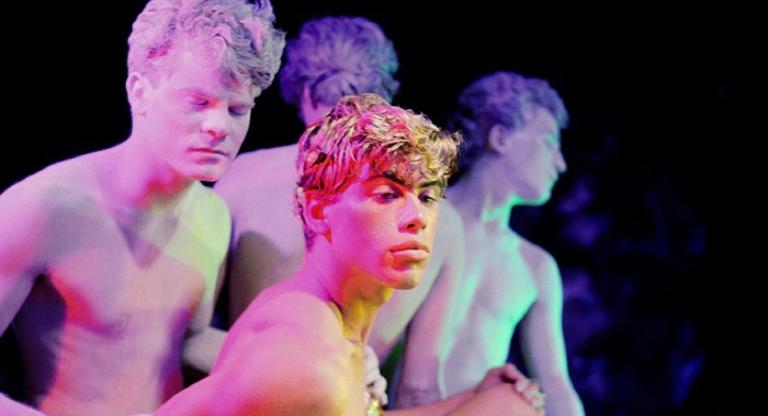
David Holzman’s Diary is evergreen—a movie that must be referenced in terms of its engagement with slippery notions of truth; its probing of the relationship of the individual to the world and the self as increasingly mediated in an audiovisual space; and its cunning and trailblazing use of the faux-documentary format as a vehicle for satire and narrative sleight-of-hand. It is also a portrait of a completely insufferable cinephile. In any case, David Holzman is a canny fictional inclusion within the excellent 60s Verité series programmed by Elspeth Carroll at Film Forum, which has delved into the essential non-fiction (or is it?) filmographies of the Drew Associates, the National Film Board of Canada, Jean Rouch, and beyond while also comprising meta- and hybrid fictional forms.
In many ways, David Holzman plays like a masterclass on the various conceptual and ethical issues raised by filmmakers and academics since Robert Flaherty and passionately litigated via institutions such as his namesake seminar. Future Texas Chainsaw Massacre 2 writer L.M. Kit Carson plays the title role: a young filmmaker living in the Upper West Side who announces he's lost his job and received 1-A draft status on the same day and will therefore endeavor to capture every moment of his life on portable 16mm film and sound equipment. In between philosophical wheel-spinning about the ontology of cinema and Jean-Luc Godard and so forth, Holzman turns the camera on others including his girlfriend, an aspiring model who breaks up with Holzman after he films her sleeping; a female neighbor whom he photographs unaware; and—in the incontrovertible highlight of the film—a lewd older woman who catcalls men from the driver's seat of her Ford Thunderbird. Anyone who’s watched a Baked Alaska livestream can guess how this goes down.
I can’t agree with the universal critical consensus that David Holzman’s Diary is a masterpiece if only because watching a narcissistic film-obsessive with an incommensurately attractive girlfriend whom he pushes around while quoting French New Wave filmmakers is too triggering—satire or not—because I went to film school. But its lineage encompasses, yet is not limited to, the avant-voyeurism of Joe Gibbons’ Spying, the portrait of destructive-compulsive cinephilia in Ivan Zulueta’s Arrebato, the confrontation of cultural representations of female beauty in Hannah Wilke’s performance tapes, and the general excellence of Henry Joost and Ariel Schulman’s Paranormal Activity 3—all the way to Logan Paul’s epochal Aokigahara video. That’s quite a legacy.


